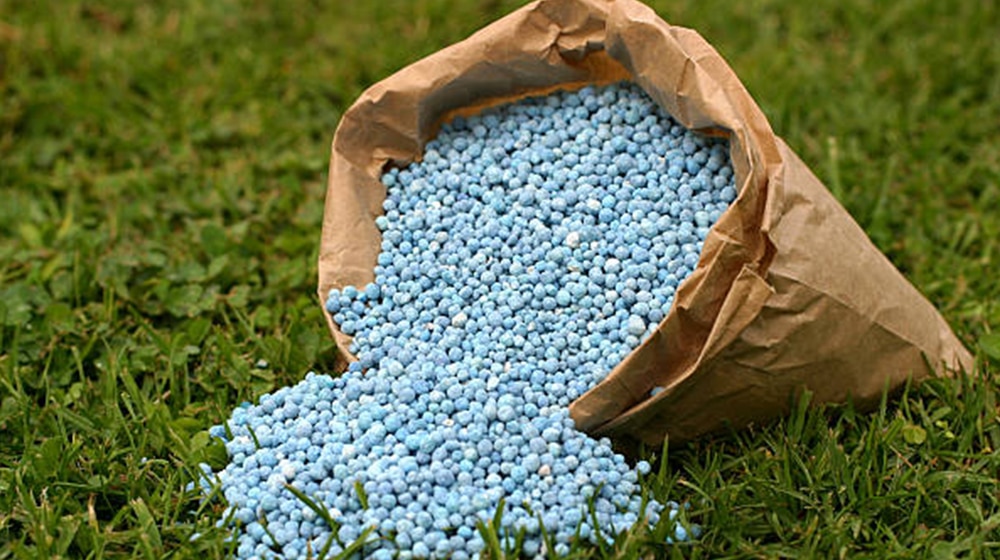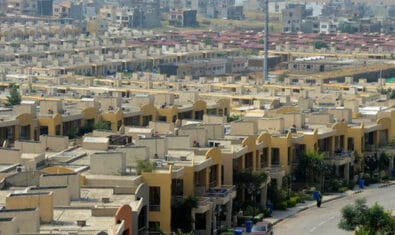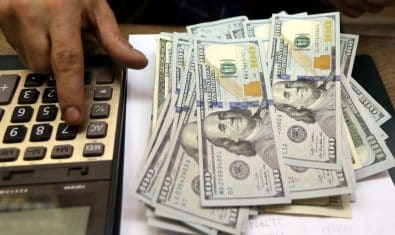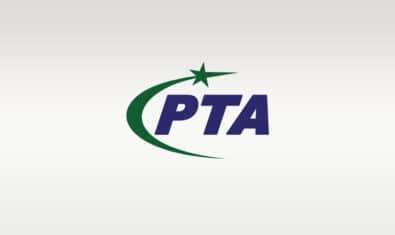The government should take action against the ongoing price disparity among fertilizer manufacturers to stabilize urea prices and earn higher revenue, Topline Securities said in a report.
Citing Pakistan Institute of Development Economics (PIDE), Topline said the government spends approximately Rs. 200 billion annually on fertilizer subsidies to maintain lower prices. But recent increase in gas prices has created an anomaly in the fertilizer sector as the government has increased gas prices for fertilizer manufacturers using gas from the SNGP and SSGC networks, affecting 60% of the industry’s production capacity.
While the gas tariff for fertilizer companies relying on MARI for gas remains unchanged.
The new feed gas rate for SNGP and SSGC increased from Rs. 580/mmbtu (US$2/mmbtu) to Rs. 1,597/mmbtu (US$5.7/mmbtu), while the gas rate on the MARI network is still the same at Rs. 580/mmbtu.
Engro Fertilizers (EFERT), Fauji Fertilizer Bin Qasim (FFBL), and Agritech (AGL) are on the SNGP and SSGC networks, while Fauji Fertilizer Company (FFC) and Fatima Fertilizer (FATIMA) are on the Mari Network.
In response to the recent gas price increase, FFBL has raised its urea price by Rs. 1,260 per bag to Rs. 5,331 per bag. However, the new gas price for EFERT will be effective from March 01, so the company has a few days left to announce its new urea prices.
According to channel checks, Urea prices for both EFERT and FFC are currently at Rs. 3,767/bag, 30% lower than the FFB price. However, in the market, Urea is being sold at around Rs. 5,000/bag, which is higher than the prices of EFERT and FFC. The excess amount is being pocketed by dealers and middlemen.
If gas rates for MARI-based customers remain unchanged, this will be beneficial for FFC as it is likely to increase its urea prices in line with other players, while the company’s gas costs will remain lower than other industry players. FFC will earn an incremental annual profit of Rs. 38 billion (EPS Rs. 30) if the disparity continues.
If the government were to remove this distortion by increasing Mari gas prices, then EFERT’s margins would come in line with FFC’s. Currently, EFERT’s margins are lower because 40 percent of their gas is at higher prices compared to FFC’s prices. In this case, EFERT would have an annual positive impact of Rs. 7.6 billion (EPS Rs. 5.7).
Furthermore, if the distortion is removed by increasing Mari gas prices, the government would also stabilize urea prices for farmers and generate an additional Rs. 80-100 billion in revenues.
Topline said the government should equalize gas rates for the whole industry; otherwise, it will create distortion and go against the IMF’s suggestion of elimination of subsidies.





















